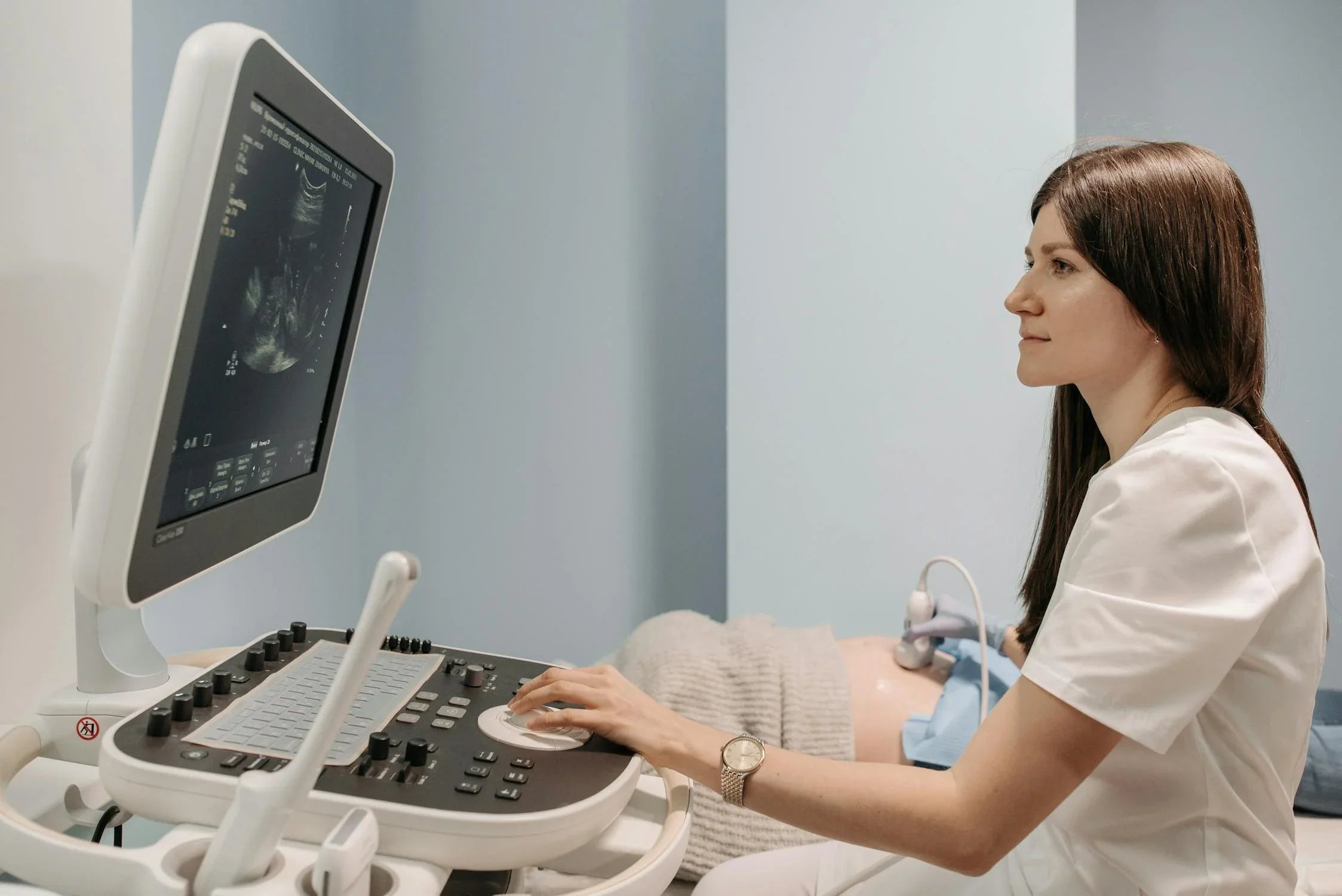Inicio
Pregnancy, Breastfeeding, and Pumping: The Ultimate Guide for Moms
How Soon Is Too Soon to Take a Pregnancy Test

How Soon Is Too Soon to Take a Pregnancy Test
When it comes to taking a pregnancy test, timing is everything. The question of how soon is too soon to take a pregnancy test is one that many women grapple with. Understanding the science behind pregnancy tests and the factors that influence their accuracy can help you make an informed decision.
Understanding Pregnancy Tests
Pregnancy tests work by detecting the presence of human chorionic gonadotropin (hCG), a hormone produced by the placenta shortly after a fertilized egg attaches to the uterine lining. The levels of hCG increase rapidly in the early stages of pregnancy, doubling approximately every 48 to 72 hours.
When to Take a Pregnancy Test
The timing of when to take a pregnancy test can significantly impact its accuracy. Most home pregnancy tests claim to provide accurate results as early as the first day of a missed period. However, the accuracy of these tests can vary depending on several factors, including the sensitivity of the test and the concentration of hCG in your urine.
Early Testing
Taking a pregnancy test too early can lead to false negatives. This is because the levels of hCG may not yet be high enough to be detected by the test. For the most accurate results, it is generally recommended to wait at least one week after a missed period before taking a pregnancy test.
Testing After a Missed Period
If you take a pregnancy test after a missed period, the likelihood of obtaining an accurate result increases. By this time, the levels of hCG in your body should be sufficient for most tests to detect. However, it is still possible to receive a false negative if the test is not sensitive enough or if there are issues with the test itself.
Factors Influencing Test Accuracy
Several factors can influence the accuracy of a pregnancy test, including the timing of the test, the sensitivity of the test, and the concentration of hCG in your urine. Additionally, certain medications and medical conditions can affect the results of a pregnancy test.
Test Sensitivity
The sensitivity of a pregnancy test refers to the minimum concentration of hCG that the test can detect. Tests with higher sensitivity can detect lower levels of hCG, making them more accurate in the early stages of pregnancy. It is important to read the packaging of the test to determine its sensitivity and choose one that aligns with your needs.
Urine Concentration
The concentration of hCG in your urine can also impact the accuracy of a pregnancy test. For the most accurate results, it is recommended to use the first urine of the day, as it is typically more concentrated. Drinking excessive fluids before taking the test can dilute your urine and potentially lead to a false negative.
Medications and Medical Conditions
Certain medications and medical conditions can affect the results of a pregnancy test. For example, fertility treatments that contain hCG can lead to false positives. Additionally, conditions such as ovarian cysts and certain types of cancer can also produce hCG, potentially leading to inaccurate results.
Interpreting the Results
Interpreting the results of a pregnancy test can be straightforward, but it is important to follow the instructions carefully. Most tests will display a positive result with a line, symbol, or digital readout indicating pregnancy. A negative result will typically show no change or a single line.
False Positives and False Negatives
False positives and false negatives can occur for various reasons. A false positive may indicate a chemical pregnancy, where a fertilized egg fails to implant properly. A false negative may occur if the test is taken too early or if there are issues with the test itself. If you receive a result that is unclear or unexpected, it is recommended to consult a healthcare professional for further testing.
Confirming the Results
If you receive a positive result on a home pregnancy test, it is important to confirm the results with a healthcare professional. Blood tests and ultrasounds can provide more definitive confirmation of pregnancy and help determine the gestational age of the fetus.
Emotional Considerations
Taking a pregnancy test can be an emotional experience, regardless of the result. It is important to prepare yourself mentally and emotionally for the outcome. Whether you are hoping for a positive or negative result, having a support system in place can help you navigate the process.
Support Systems
Having a support system in place can make the process of taking a pregnancy test less stressful. Whether it is a partner, friend, or family member, having someone to talk to can provide emotional support and help you process the results.
Mental Health
It is also important to consider your mental health when taking a pregnancy test. If you are experiencing anxiety or depression, it may be helpful to speak with a mental health professional. They can provide guidance and support to help you cope with the emotional aspects of the process.
Understanding how soon is too soon to take a pregnancy test can help you make an informed decision and ensure accurate results. By considering the factors that influence test accuracy and preparing yourself emotionally, you can navigate the process with confidence. Remember, if you have any doubts or concerns, it is always best to consult a healthcare professional for guidance.
Compartir

